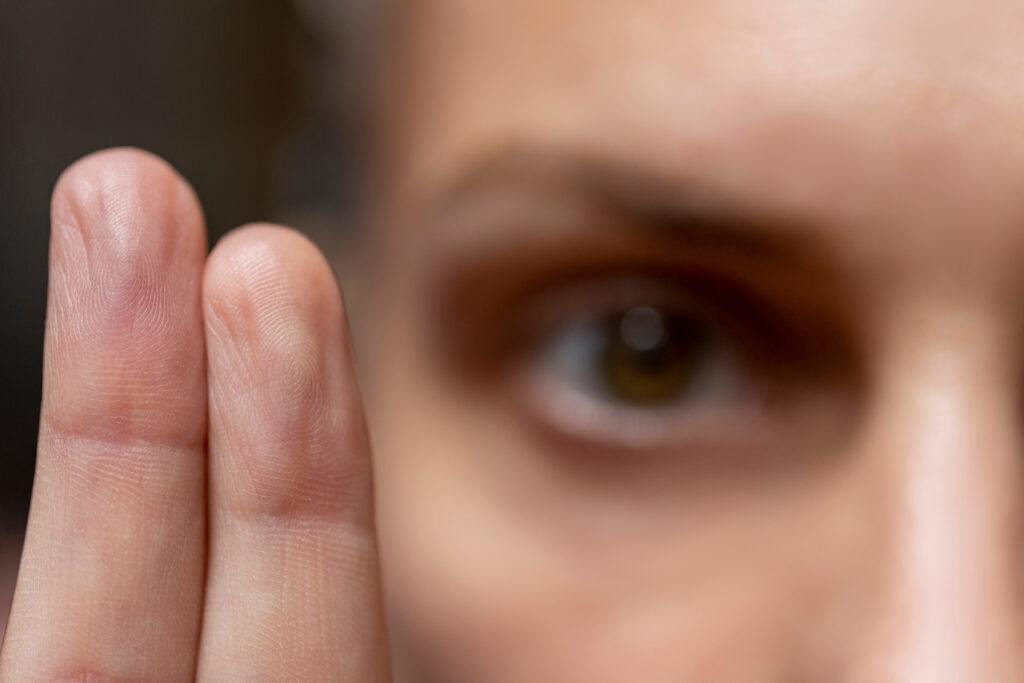Tips to Improve Your EMDR Therapy
EMDR stands for eye movement desensitization and reprocessing. It employs the use of bilateral stimulation to reduce the intensity and distress of negative experiences. Bilateral stimulation comes in many different forms; including eye movements, sounds, and tactile stimulus (commonly referred to as ‘tappers’).

Although EMDR therapy is frequently used to treat trauma and PTSD, but it can be used for other conditions as well; such as eating disorders, addiction, anxiety, and depression. Below you will find helpful tips to improve your EMDR therapy experience if this is a type of therapy you are interested in. For more information on EMDR therapy, you can visit EMDRIA.org.
- Don’t abandon talk therapy: You may have an impulse to start processing your negative experiences immediately without recognizing that you need more copings skills or to develop more trust with your therapist. It is not uncommon to have anywhere from 3-10 sessions of talk therapy, which include gathering information and preparing you for processing.
- It’s not a rigid as you may think: Like with any form of therapy, each therapist has a unique perspective and is likely trained in other forms of therapy as well. There are also many different protocols depending on your presenting problem. Additionally, each person is different and may require more or less of this intervention. (This is also why taking time to gather information and prepare is important.)
- No drugs or alcohol 24 hours before or after your EMDR therapy appointment: EMDR therapy stimulates your mind’s ability to heal and aids in forming new connections in your brain. When using substances, you destroy the positive connections you have made. It is also important for you to experience the full spectrum of emotions while processing to make those connections, which substances can dull.
- EMDR therapy will continue to work up to 24 hours after your appointment: This is also why it’s recommended not to use substances 24 hours after the appointment. It is not uncommon to have weird dreams or startling insights a day or two after your processing appointment because bilateral stimulation mimics the REM sleep that occurs while you are dreaming.
- You will likely need rest following the appointment: It is not uncommon for people to feel tired or disorientated following an EMDR therapy session. Some people may want to take a nap. It will be beneficial if you can give yourself 1 hour of relaxation time at some point in your day, following a processing session. This will give you time to use some of your coping skills and generally take care of yourself.
- Tell your therapist about all of your medications: There are certain medications that do not mix well with EMDR therapy, specifically benzodiazepines. This is also something that depends on each individual’s experience; including dosage, medication compliance, and the therapist’s ability to consult with your doctor or nurse practitioner.
- Make sure your therapist is trained in EMDR therapy through and EMDRIA approved trainer: EMDRIA stands for Eye Movement Desensitization and Reprocessing International Association. There is a form of bilateral stimulation that para-professionals, such as first responders, case workers, and recovery coaches, can utilize to help alleviate immediate distress. You may notice some therapists are trained in this as well. However, this cannot be utilized for processing traumatic memories.

